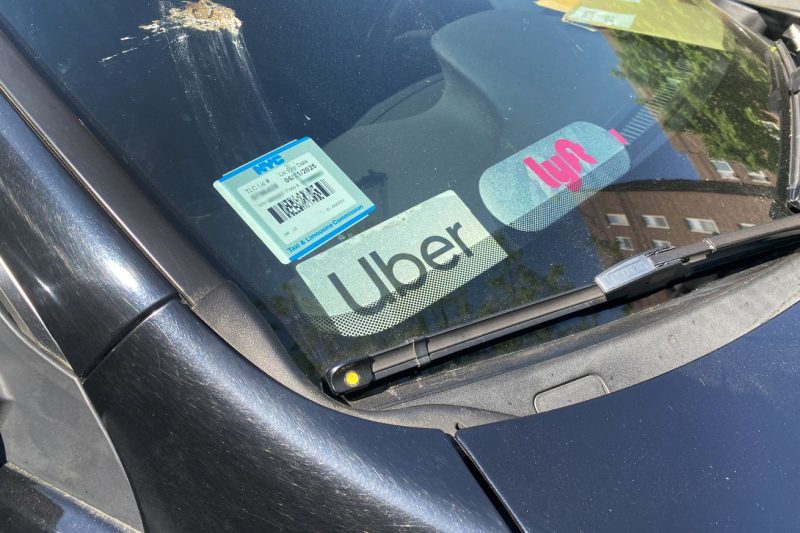The new regulations passed in Massachusetts requiring Uber and Lyft to pay their rideshare drivers a minimum of $32 per hour will have significant implications on the gig economy and the livelihoods of thousands of drivers. This landmark decision marks a crucial step towards achieving fair compensation and labor rights for drivers who have long been undervalued and exploited in the ridesharing industry.
Firstly, the implementation of the $32 minimum wage for rideshare drivers represents a critical advancement in recognizing the value and contribution of these workers to the overall success of companies like Uber and Lyft. For years, drivers have been operating under precarious conditions, with unstable income and lack of employment benefits. The new wage floor provides a sense of stability and security for drivers, ensuring that they are fairly compensated for their time and effort.
Moreover, the $32 minimum wage requirement will have positive implications for drivers’ financial well-being and quality of life. By guaranteeing a higher hourly rate, drivers can earn a more sustainable income, affording them the opportunity to cover essential expenses, such as gas, maintenance, insurance, and other costs associated with their work. This, in turn, can help to improve drivers’ overall economic security and reduce their reliance on multiple jobs or long hours of work to make ends meet.
Additionally, the new regulations serve as a crucial mechanism for addressing the power imbalance between rideshare companies and their drivers. By mandating a minimum wage, the government is taking proactive steps to protect the rights and interests of workers in the gig economy, ensuring that they are not exploited or mistreated by powerful corporations. This move sets an important precedent for other states and countries to follow suit and enact similar policies to protect the rights of gig workers.
Furthermore, the $32 minimum wage requirement can also have wider societal benefits beyond the ridesharing industry. By ensuring that drivers earn a decent wage, they are more likely to spend money in their local communities, supporting small businesses and contributing to economic growth. This can have ripple effects on the overall economy, creating a more equitable distribution of wealth and opportunities for all.
In conclusion, the decision to mandate a minimum wage of $32 per hour for rideshare drivers in Massachusetts is a significant milestone in the fight for fair labor practices and worker rights in the gig economy. This move not only benefits drivers by providing them with better pay and working conditions but also sends a strong message to companies that they must prioritize the well-being and livelihoods of their workers. As other jurisdictions consider similar measures, it is clear that the tide is turning in favor of workers’ rights, setting a positive precedent for the future of work in the digital age.


































